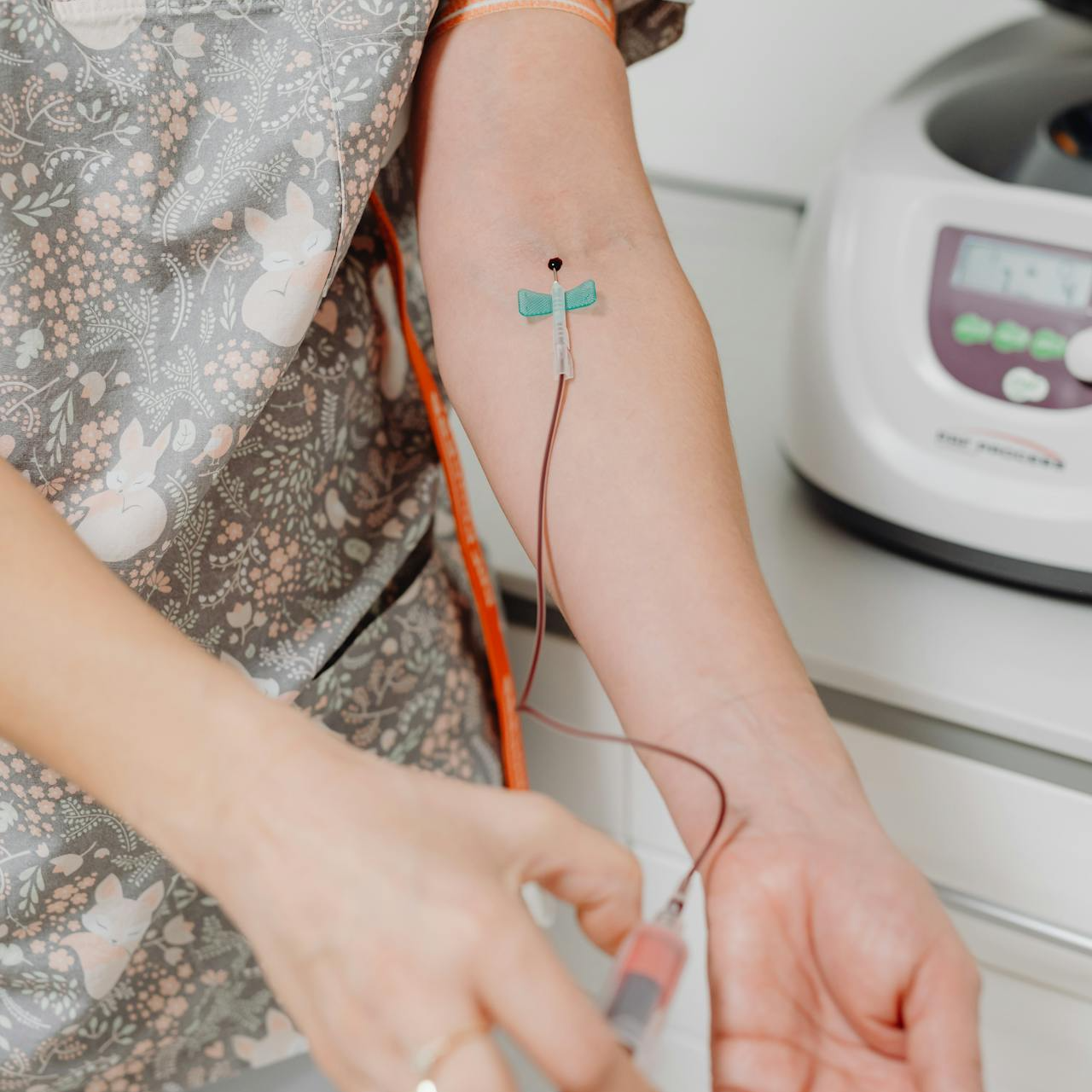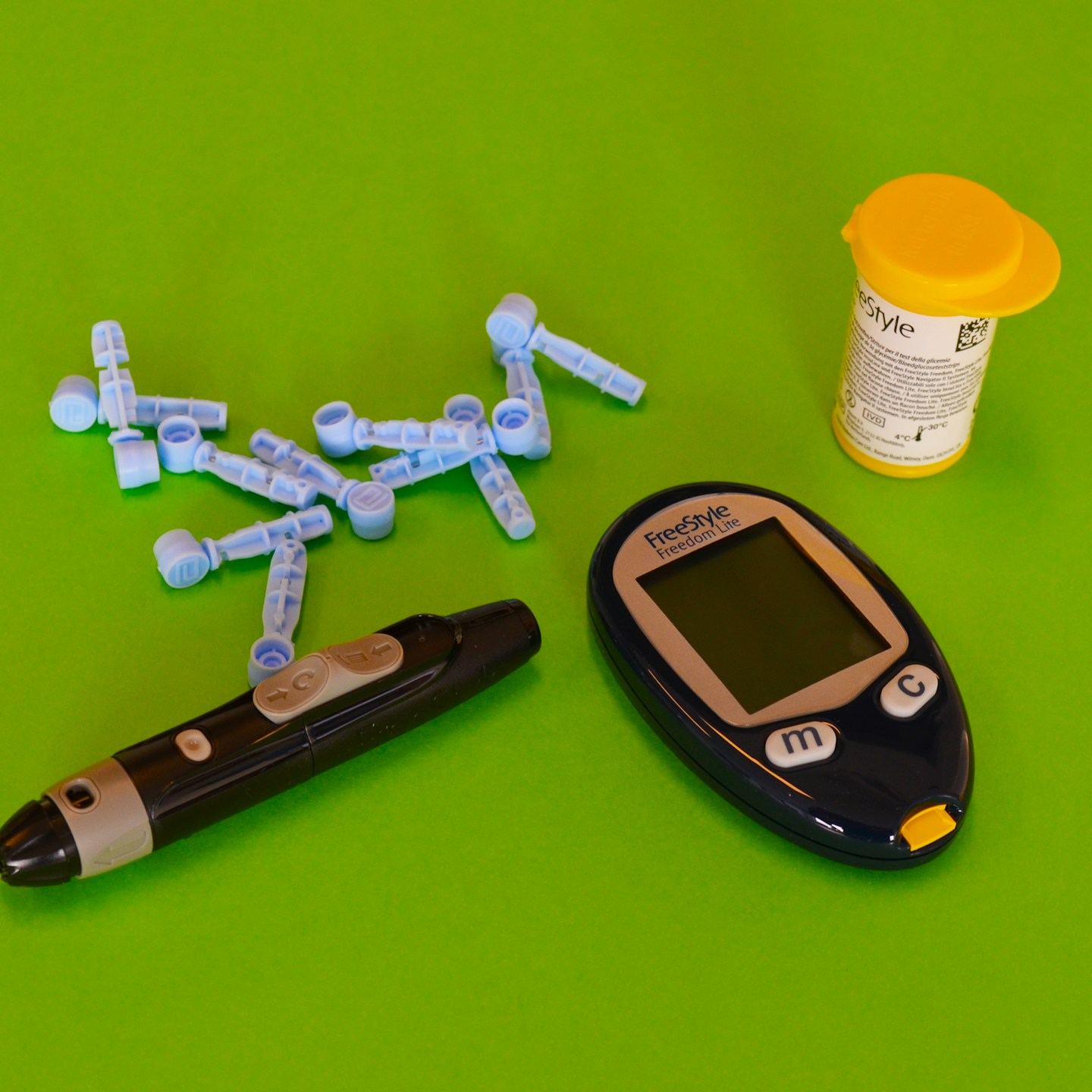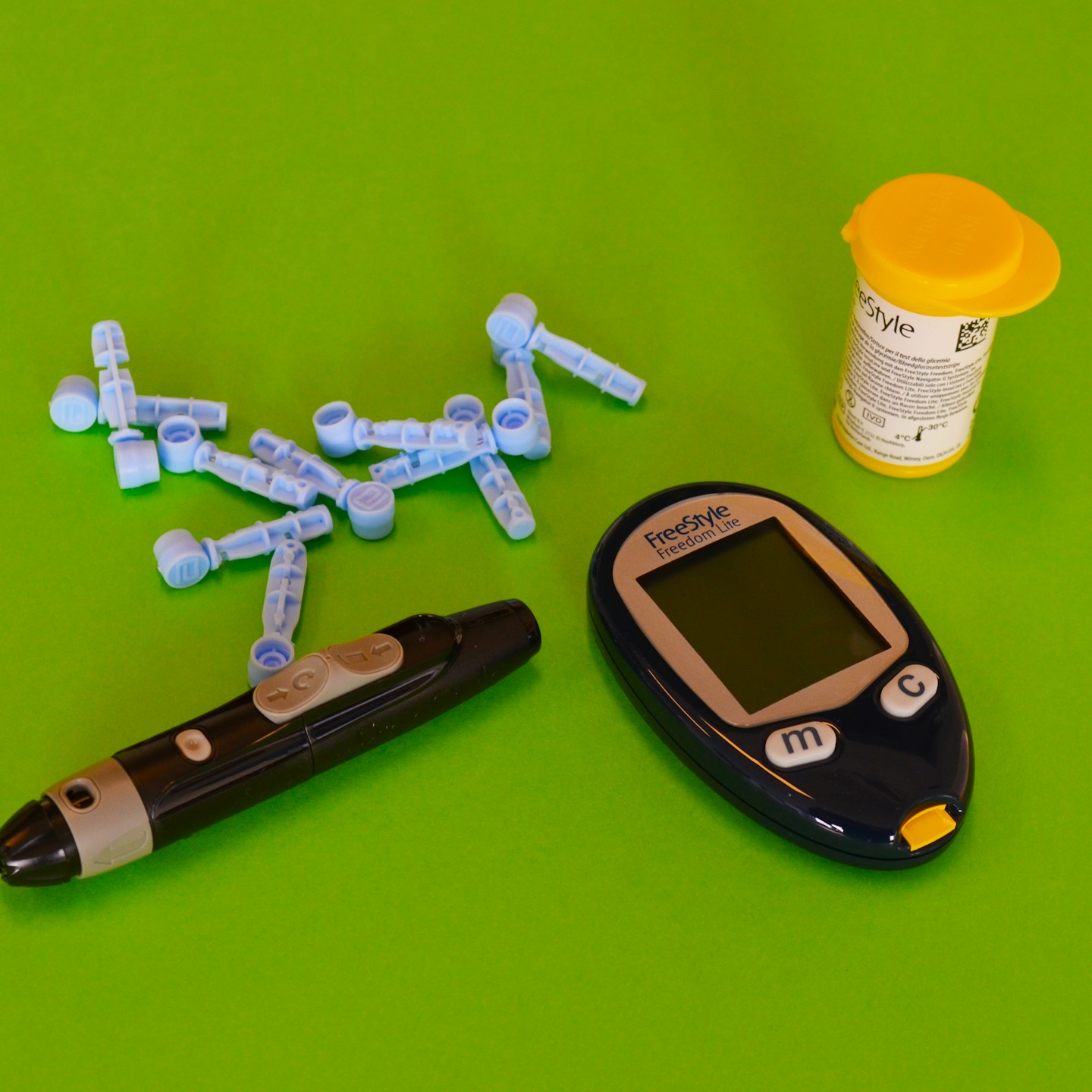Key Takeaways
-
Medicare Part A covers hospital stays, but it doesn’t pay for everything. Out-of-pocket costs can add up quickly if you’re not aware of coverage gaps.
-
Understanding what isn’t covered under Part A can help you plan ahead and avoid unexpected medical expenses.
Hospital Stays Aren’t Always Free
Medicare Part A is often thought of as “hospital insurance,” but that doesn’t mean hospital stays are completely covered. While Part A does cover inpatient hospital care, you’ll still need to pay the deductible before coverage kicks in. In 2025, that deductible is $1,676 per benefit period.
Additionally, Medicare only covers the first 60 days of a hospital stay in full (after the deductible). After that, you’ll start paying a daily coinsurance:
-
Days 61-90: $419 per day
-
Lifetime reserve days (91 and beyond): $838 per day (limited to 60 days over your lifetime)
Once you use up your lifetime reserve days, you’ll be responsible for the full cost of additional hospital days.
Skilled Nursing Facility Care Isn’t Unlimited
If you’re discharged from the hospital and need skilled nursing care, Part A covers up to 100 days per benefit period, but there are conditions:
-
You must have spent at least three consecutive days in the hospital (not just under observation).
-
Medicare covers the first 20 days in full.
-
Days 21-100 come with a daily coinsurance of $209.50 per day.
-
After day 100, Medicare provides no coverage for skilled nursing facility care, leaving you to pay the full cost.
Home Health Care Has Limits
Medicare Part A covers some home health services, but only under strict conditions:
-
Your doctor must certify that you need intermittent skilled nursing care or therapy.
-
The care must be provided by a Medicare-certified agency.
-
Part A does not cover 24/7 home care, custodial care (help with bathing, dressing, eating), or homemaker services like cooking and cleaning.
If you don’t meet Medicare’s criteria, you may have to pay for home care out of pocket.
Hospice Care Doesn’t Cover Everything
Medicare Part A does cover hospice care for those with a terminal illness, but there are still some out-of-pocket costs:
-
You may need to pay copayments for prescription drugs related to symptom control and pain relief.
-
Medicare does not cover room and board if you receive hospice care in a nursing home or hospice facility.
-
Some treatments or services outside of comfort care may not be covered.
Understanding what’s included can help you prepare for end-of-life care expenses.
Blood Transfusions Aren’t Always Fully Covered
If you require a blood transfusion during a hospital stay, Medicare Part A will only cover it if the hospital gets the blood from a blood bank at no charge. If the hospital has to purchase blood, you may need to pay for the first three units out of pocket unless you have other coverage.
Foreign Travel Medical Emergencies Aren’t Covered
Medicare generally doesn’t cover health care services you receive outside the United States. There are a few rare exceptions, such as:
-
If you’re in the U.S. but the closest hospital is in another country.
-
If you’re traveling through Canada and a medical emergency requires you to be treated at a Canadian hospital.
Otherwise, you’ll need to pay for any foreign medical expenses yourself.
Long-Term Care Isn’t Covered
One of the biggest misconceptions about Medicare Part A is that it covers long-term care in a nursing home. In reality, Medicare does not pay for custodial care, which includes help with daily activities like bathing, dressing, and eating.
If you require long-term care, you’ll need to explore other options, such as Medicaid, personal savings, or long-term care insurance.
Protect Yourself from Coverage Gaps
Medicare Part A provides essential hospital coverage, but there are several gaps that could leave you with significant out-of-pocket expenses. To ensure you’re fully prepared, consider your options and consult with a licensed agent listed on this website for personalized guidance on managing your healthcare costs.









